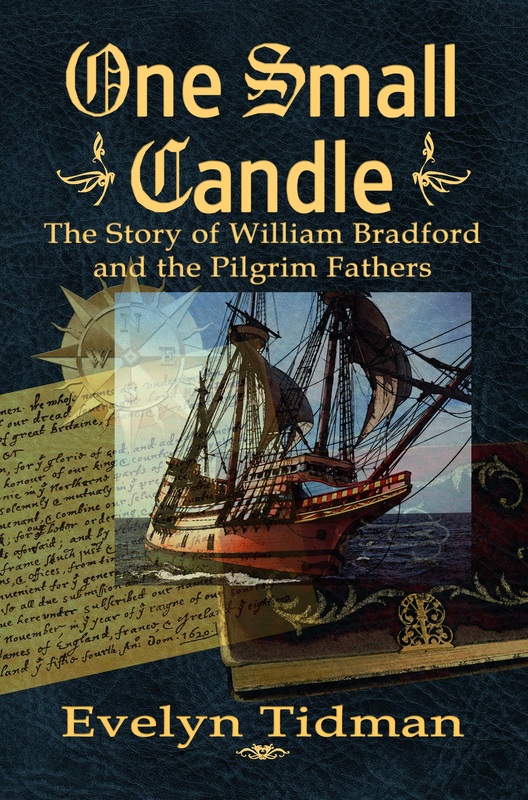A Welshman, born near Milford Haven, he was likely brought up with strict religious principles. Certainly he was known to drink no alcohol at all, and he seems to have stuck to that all his life, which could not have been easy when you think of the company he lived and worked in. Even the British navy gave their rum ration, and so did merchant ships, to say nothing of the drinking bouts that pirates indulged in. When it was available, rum was not rationed, neither was wine or other strong drink. Most of them were 'in the gun' most of the time! It made it difficult for him to keep control of them, yet he seems to have managed it most of the time. Probably that was due to the respect and love they had for him.
Initially Roberts was an ordinary sailor, forced to work slavers after being made redundant by the British navy, like so many others. All sailors loathed working the slavers because of the cruelty, and the filth, and the depravity, and Roberts was no different. So many slaves died, that one of the sailors' tasks was to throw the bodies overboard. You would think that the slave ship owners would have saved money by treating their 'cargo' better. Even so, when he was captured by pirates off West Africa, Roberts had no wish to go on the account. But Roberts was a skilled man, an 'artist', a first-rate navigator, and they wanted him. Navigators were hard to come by for any ship, and pirates were no exception. So they 'forced' him.
Once a pirate, he turned his many talents to being successful. When a new recruit on a pirate ship, even a forced man, had taken part in 'action' and received part of a prize, he was considered guilty of piracy by law, and liable to be hanged if caught. So once the pirates captured a ship and Roberts received part of the prize he was committed. He might just as well get on with it.
On becoming captain his talents came to the fore. Not only was he a brilliant navigator, but he had been trained by His Majesty's navy in warfare and cannon, and he was a brilliant strategist. And he certainly knew how to get the best out of a ship.
Initially he was not a cruel man. He freed any slaves on captured ships, giving the men an opportunity to join the company, and putting the rest ashore at as safe a place as it was possible to find to fend for themselves. He stopped his men from committing murder and torture on captured ships, or at places where they put in to shore. Unlike other pirate captains, Roberts seems to have kept his men under reasonable control. In particular, women prisoners were not kept long, and a guard was posted over a woman to protect her honour. Not only was this the decent thing to do, but also a woman aboard would be a source of jealous arguments and fights. It made sense to keep her under close guard, and thus the articles or laws every man on board had to sign and swear on the Bible to uphold, forbade the bringing of a woman (or boy) aboard for the purposes of seduction. The punishment for breaking that law was death.
Roberts was capable of inspiring his men. They obeyed him implicitly, and while there were one or two men who tried to mutiny, for the most part he was loved and respected by his men. However, as time went on, he began to grow less tolerant, more ruthless.
Bartholomew Roberts won, and lost, a fortune in gold and treasure. In two years he captured over four hundred ships - an average of four a week. Sometimes he took two or thee ships in one day, and on one occasion, eleven in one day.
As pirates go, Bartholomew Roberts was probably the most successful. I think he was the greatest pirate of the eighteenth century, and a fascinating man. That's why I chose to write about him.
 RSS Feed
RSS Feed



